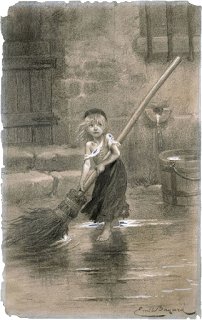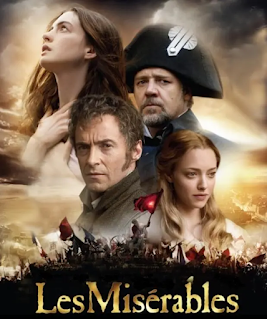Perched atop my basement cabinet is a Maltese Falcon.
My mom. She died in February.
Mom was always drawn to the creative, to art and architecture. She wrote histories of Louisville homes and reveled in garden design wherever she traveled—and over a lifetime she traveled her share. She loved plays, musicals, the orchestra, anything with a story. She read widely and constantly. Biographies were her staple, to feed her curiosity about what people did and what made them tick. Her tastes in fiction leaned toward literary--but only a lean. Mom could talk Poirot or Rumpole or Morse with anybody. Perry Mason was a favorite show, and maybe she had a little thing for Paul Drake.
One weekend, Mom and Dad bundled the whole family into the car and drove us to UofL’s Speed Art Museum. Young Me wasn’t exactly stoked over art museums. I was more of a dinosaur man then. Mom’s lure was that we would catch a movie. A black-and-white classic, she said, which did not boost Young Me’s excitement. Young Me wasn't getting a vote. There was a classic movie festival, and I was going.
To The Maltese Falcon.
I don’t know why Mom picked this particular festival that particular day. It occurs to me now that I never asked. That’s another thing about grief. You keep stumbling on so many half-stories and so many fuzzy memories you want to be remembered. There stays this shape of a loved one where they'd filled your life. I keep thinking it’s time to call her. And I can’t.But I've long understood why Mom wanted her kids to see classic films. Because they were classics. Mom believed in a way of living. There was the world of family, of practical safeguarding and careful shepherding. Beyond that was the reason we're all here, a big world that we're to seek out.
Life is a beautiful community, in her view, or at least it should be. People are meant to engage each other, to laugh and enjoy good company. To live well Mom’s way, you had to be up on events, on dance steps, on the classics. You had to be on the scene and conversation ready.
Plus, she liked Bogart. Of course, she did. Even the name is evocative a half-century later. Bogey made any story crackle. Young Me sure thought so watching him match wits with Astor, Lorre, and Greenstreet. That noir patter was corny--in a great way. These people snapped off terrific line after terrific line like champs in pro banter. This was gold, this stuff about black birds and sending up gunsels and birds cracking foxy. And anything could happen in this black-and-white San Francisco. Anything, even a sea captain bursting into Sam's office.
I spent the next weeks letting my imagination revel in Bogey and this character-palooza. Mom could've shut me down, and no doubt wanted to a few times, but she did what she always did. She egged me on. She'd put books in our hands as soon as we could read. When she spotted my storyteller's instinct, she bought me a notebook and asked me to write.
It's only fitting on Mother's Day to thank her for that and being right about a million other things. This world is huge. Fascinating, and it can even be beautiful on its best days, with the best stories and best teachers to help us through.
Last night I re-watched The Maltese Falcon for the umpteenth time, this time in her honor. I still think about that darkened museum theater whenever Sam Spade lands a wisecrack or my maybe-authentic Maltese Falcon replica makes me smile. My dingus has a few chips in it, but don't we all? So, yes, I enjoy the classics. Yes, sometimes I listened to my mother. Admitting stuff like that puts you in solid with the boss.
.jpg)
.jpg)







